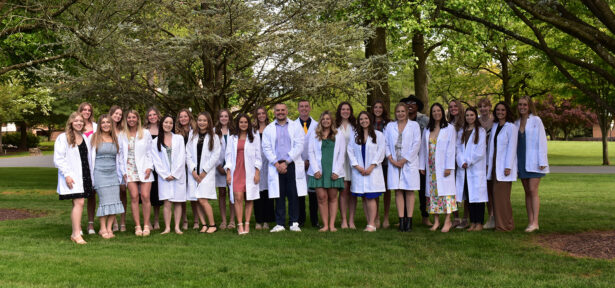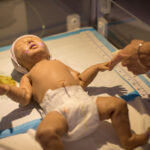Apply by May 1, 2026 for Fall of 2027!
We see you making a difference in healthcare. When you pursue your Doctor of Nursing Practice at Cedar Crest, we prioritize your success through our cohort model, ensuring clear guidance and mentorship every step of the way.
Our Nurse Anesthesia program is delivered through a hybrid model. That means you’ll complete your first two semesters 100% online before finishing your degree in the Lehigh Valley, taking full advantage of our state-of-the-art simulation lab and your clinical placements.
Why apply to Cedar Crest College’s Dually Accredited Nurse Anesthesia Program?
- State-of-the-art Facilities: Our multimillion-dollar simulation center allows you to participate in a variety of simulations, in some of the finest, best-equipped facilities in the region. In addition, students have hands-on, free access 20 hours a day to our simulation lab to master their skills
- Small Cohorts: We prioritize your success with our small, close-knit cohort model. We admit just 25 students per year to ensure you receive clear guidance and mentorship every step of the way. You’ll receive individualized attention and personal mentoring and build meaningful connections with your faculty and peers
- Experience at Top Clinical Sites: We have a dedicated clinical scheduler who will ensure that you get exposure to a diverse set of cases at top clinical sites across the tri-state area to prepare you for a range of real-world challenges in specialty children’s hospitals, NICUs, burn centers, and other complex medical sites
- Built-in Board Exam Prep: Our graduate-level nursing programs are designed with built-in board exam preparation so that you can sit confidently for your NBC RNA
- Strategic location: Cedar Crest College is strategically located in the Lehigh Valley which is just 55 miles from Philadelphia and 80 miles from New York City
- Dual Accreditation: Our Nurse Anesthesia program is dually accredited by the Council on Accreditation of Nurse Anesthesia Educational Programs and the Commission on Collegiate Nursing Education so that you can feel confident that you’re receiving the highest standard of nursing education.
- Our reputation: When you become a part of our School of Nursing, you become part of a long tradition of modern nursing. Cedar Crest nurses are known throughout the area for their competence, care, and compassion.
Nurse Anesthesia Program Statistics
| Class of | Program Cumulative Pass Rate for Graduation Year | NBCRNA 1st Time Test Taker(s) Pass Rate | NBCRNA Test Taker(s) Within 6 Months Pass Rate | Attrition Rate | Graduate Employment Rate (within 6 months of completion) | Employer Satisfaction Rating (*) |
| 2021 | 100% | 89% | 100% | 10% | 100% | 4.91 |
| 2022 | 100% | 90% | 100% | 0% | 100% | 4.50 |
| 2023 | 100% | 80% | 100% | 0% | 100% | N/A |
Graduate employment rate within six (6) months of graduation: 100%
Graduate Program Transfer Credit Policy
Students applying for admission to any of the Graduate Nursing programs (including Nurse Anesthesia, Nurse Education, Nurse Administration, or Nurse Practitioner) may have the opportunity to transfer up to 9 credits of graduate coursework from an appropriately accredited institution and at the discretion of the Graduate Program Director on a case to case basis. Credits will be considered for the following core courses only: MSN 510, MSN 512, MSN 516, NAP/MSN 514, NAP/MSN 520 as well as a maximum of two of the following courses: NAP/MSN 550, NAP.MSN 551, or NAP.MSN 552.
No transfer credits will be granted for track- specific practicum courses or their didactic counterparts where applicable. Students will be required to submit transcripts and a course syllabus for evaluation for any courses for which transfer credits are requested. Only grade B or higher will be accepted.
Dive A Little Deeper
Tuition Reduction
Tuition for the Master of Science in Nursing (MSN) and Doctor of Nursing Practice (DNP) programs have been reduced beginning in the Fall 2024 semester, making them comparable to similar nursing programs in the Lehigh Valley.(Note: ABSN and CRNA programs not included)
Upcoming Admissions Events
Cooperative Agreements
Cedar Crest College collaborates with several academic institutions to provide our students with innovative pathways that help them succeed in their chosen fields.

How To Apply
Ready to apply as a graduate student?

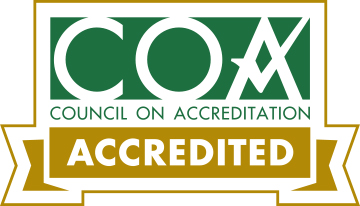
The Cedar Crest College Nurse Anesthesia Program is fully accredited by the Council on Accreditation of Nurse Anesthesia Education Program, which is recognized by the US Department of Education and the Council for Higher Education Accreditation (CHEA).
Accreditation status: Continued accreditation granted for ten years from 2023 to 2033 for DNP-NA.
Council on Accreditation of Nurse Anesthesia Educational Programs (COA)
10275 W. Higgins Rd., Suite 906
Rosemont, IL 60018-5603
224-275-9130
www.coacrna.org
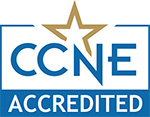
The master’s degree program in nursing, Doctor of Nursing Practice program and post-graduate APRN certificate program at Cedar Crest College are accredited by the Commission on Collegiate Nursing Education, 655 K Street NW, Suite 750, Washington, DC 20001, 202-887-6791.
https://www.aacnnursing.org/ccne-accreditation
Faculty & Staff
Who’s teaching you is as important as the curriculum you choose.
Let’s put a face to some of the names you’ll be seeing on the course listings!

Wendy Robb
Dean for the School of Nursing/Professor
Sandra Axt
Coordinator RN to BSN Program/Senior Instructor


Gail Brown
Clinical Coach and Resource Specialist/Instructor
Deborah Burnett-Olsen
Director of the Nurse Anesthesia Program/Assistant Professor
Jacklyn DelPrete
Assistant Director of Graduate Nursing Programs

Eileen Fruchtl
Director of the Accelerated BSN Program/Senior Instructor





Catherine Zurawski
Chair of Graduate Nursing Programs/Associate Professor
Morgan Collins
Scheduling Coordinator-Graduate Nursing Programs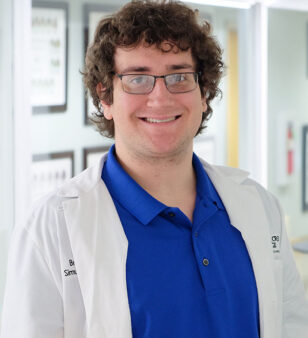
Brendan Conway
Nursing Simulation Center Technician
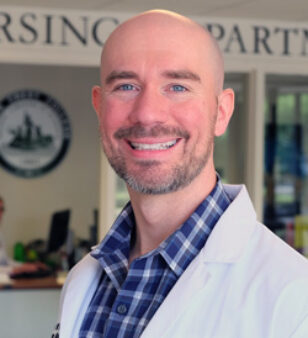

Mackenzie Lewis
Administrative Assistant Undergraduate Nursing Programs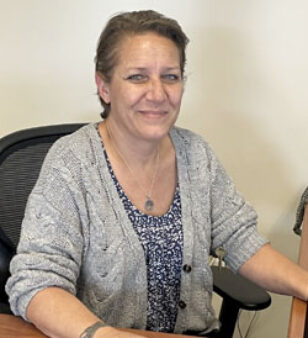
Tricia Ouellette
Administrative Assistant Graduate Nursing Programs
Michelle Rieder
Nursing Simulation Operation Specialist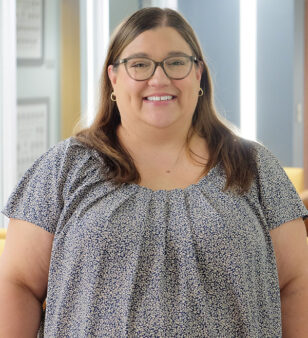
Leslee Schoonover
Scheduling Coordinator Undergraduate Nursing Programs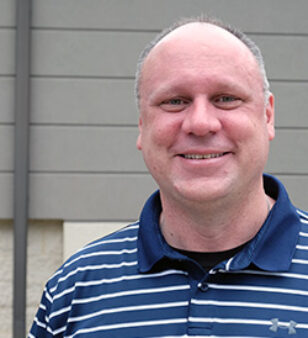
- School of Adult and Graduate Education
- sage@cedarcrest.edu
- P: 610-740-3770
Dietetic Internship Virtual Open House
